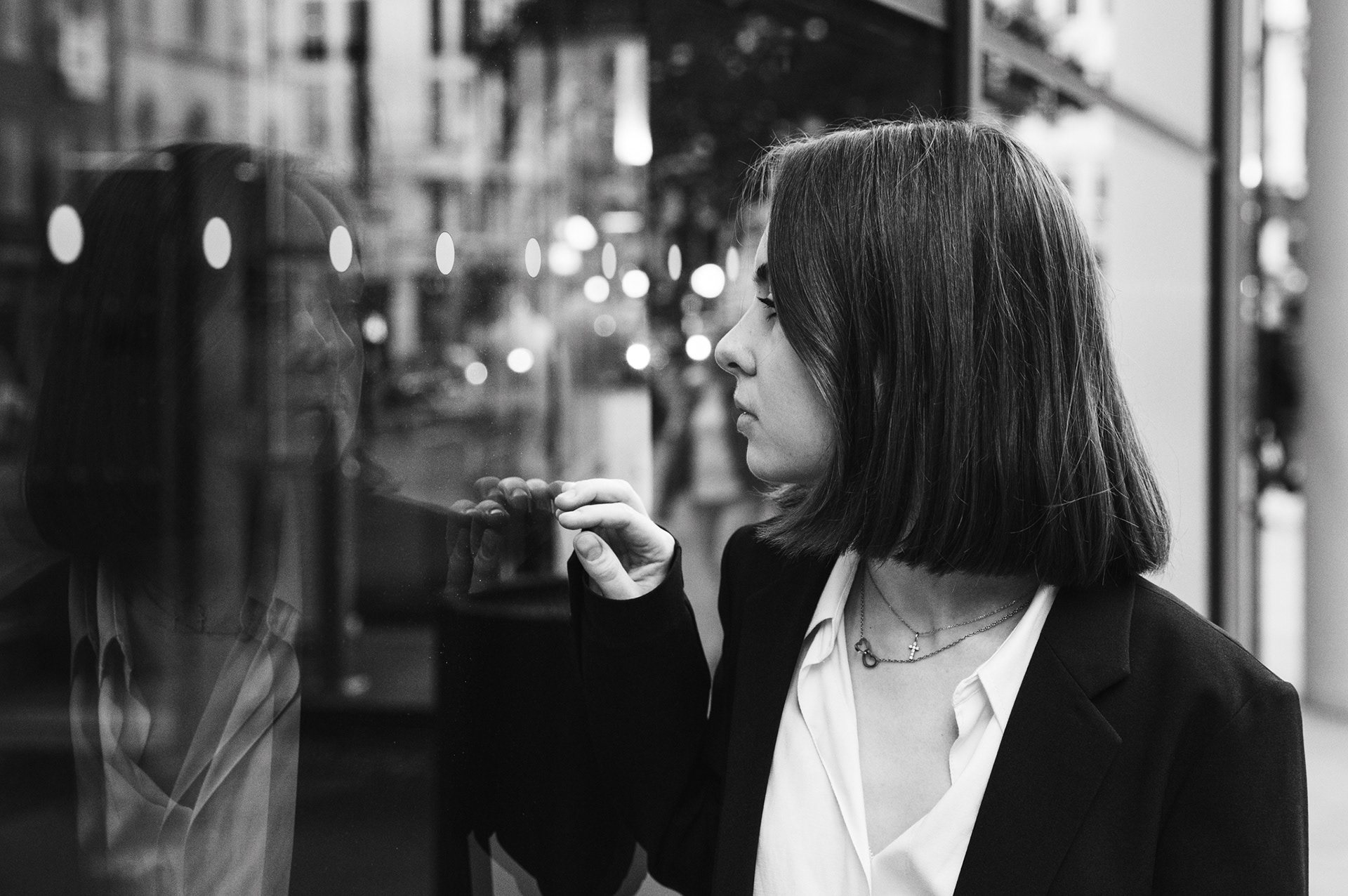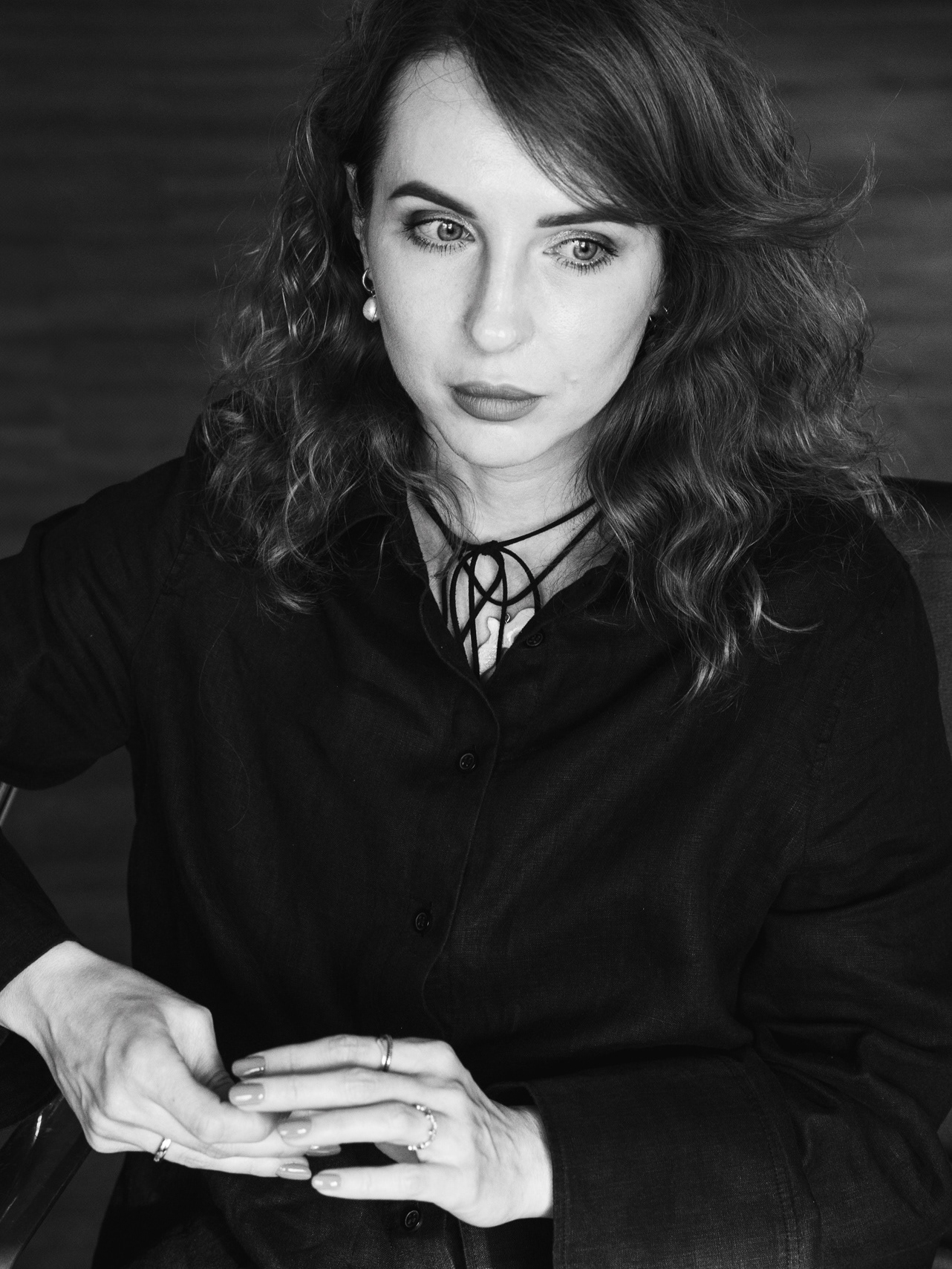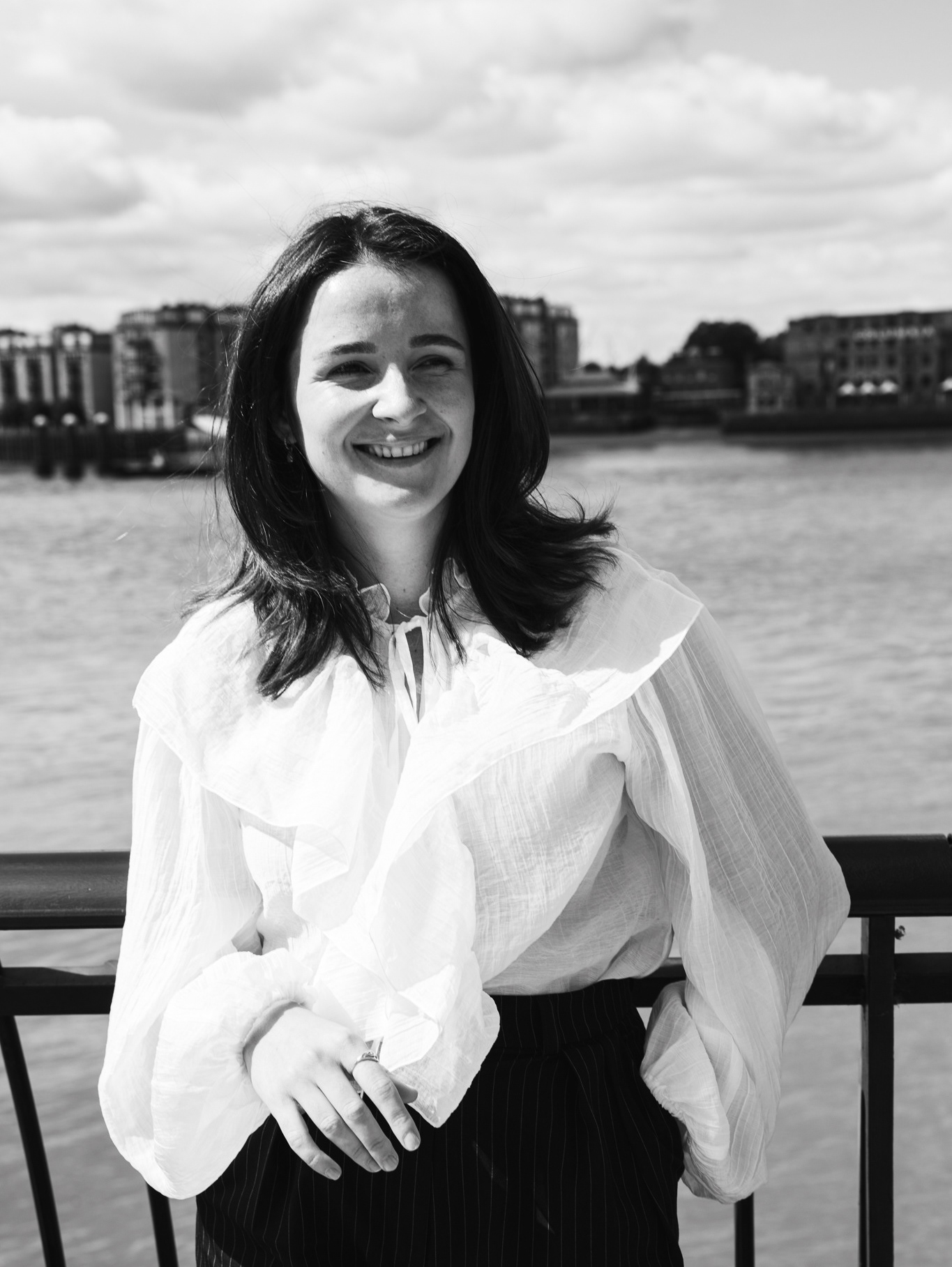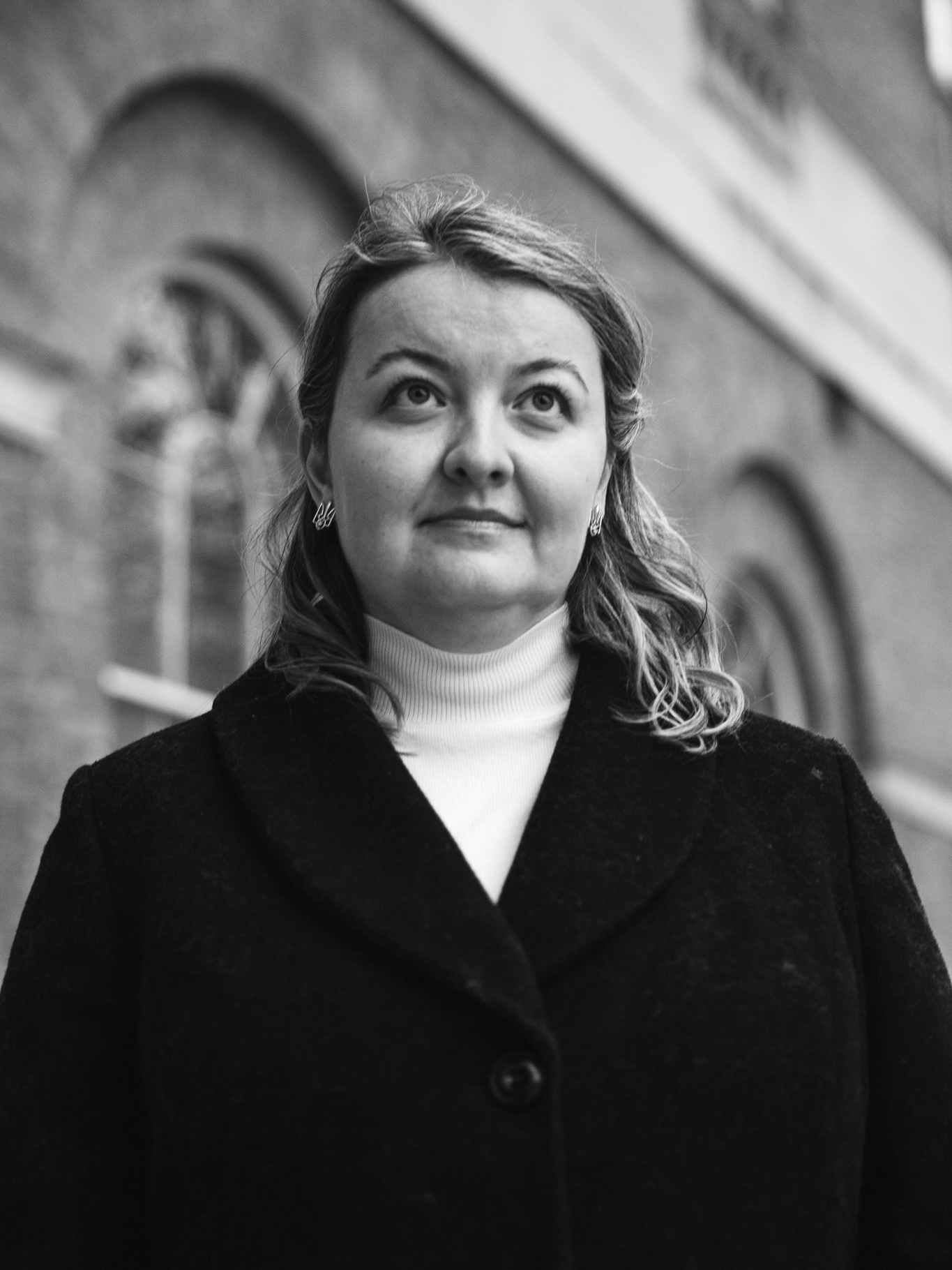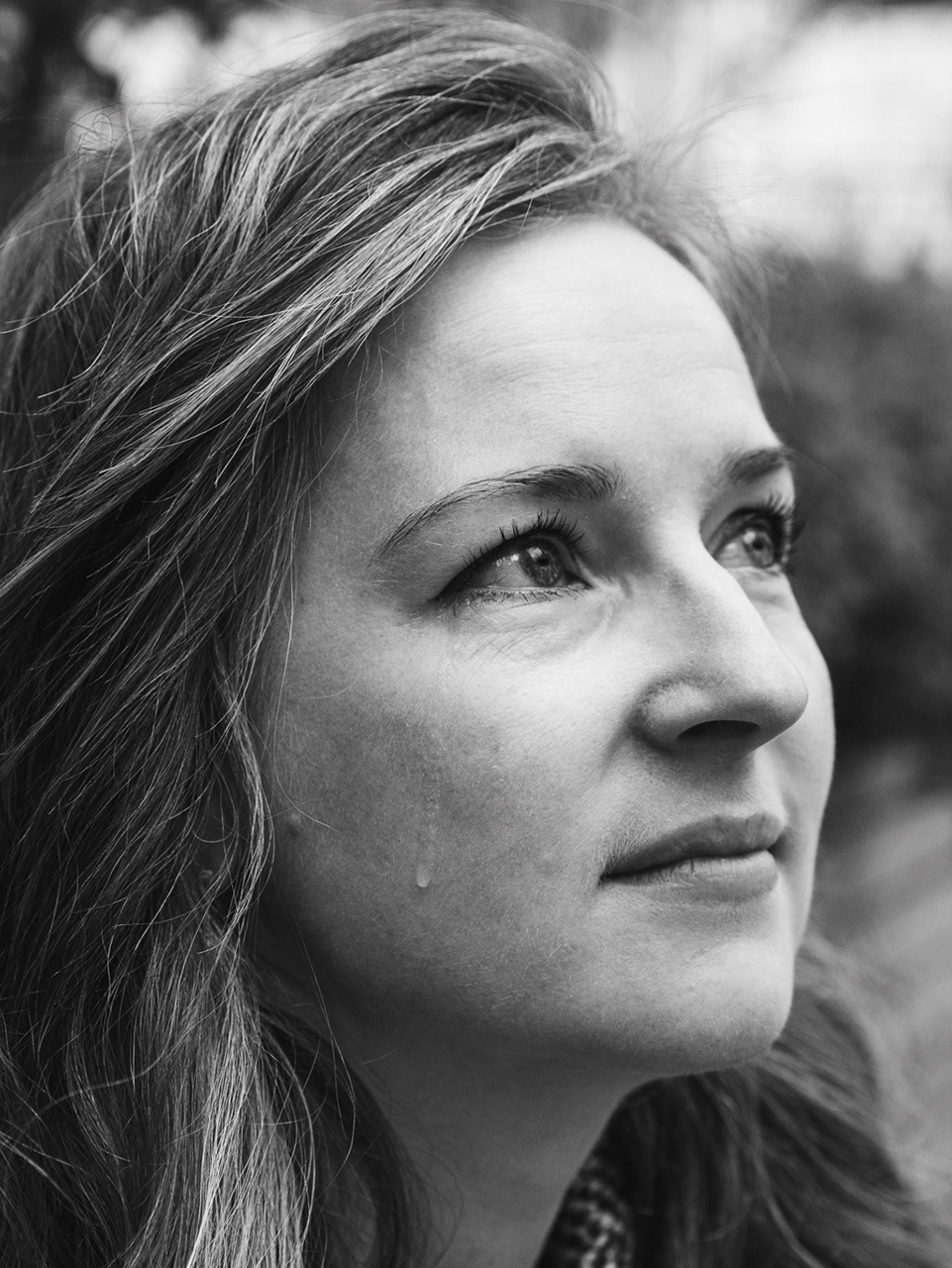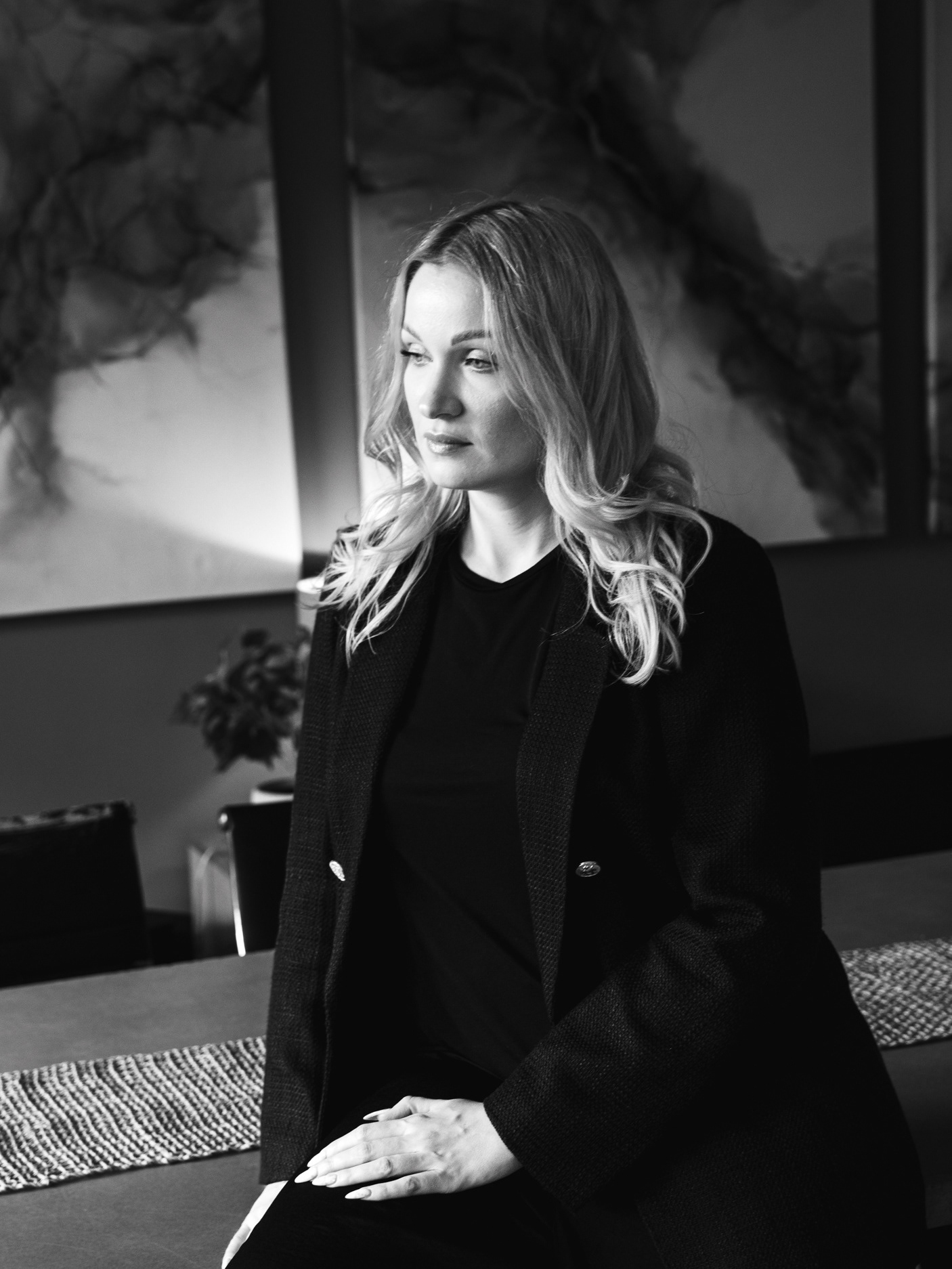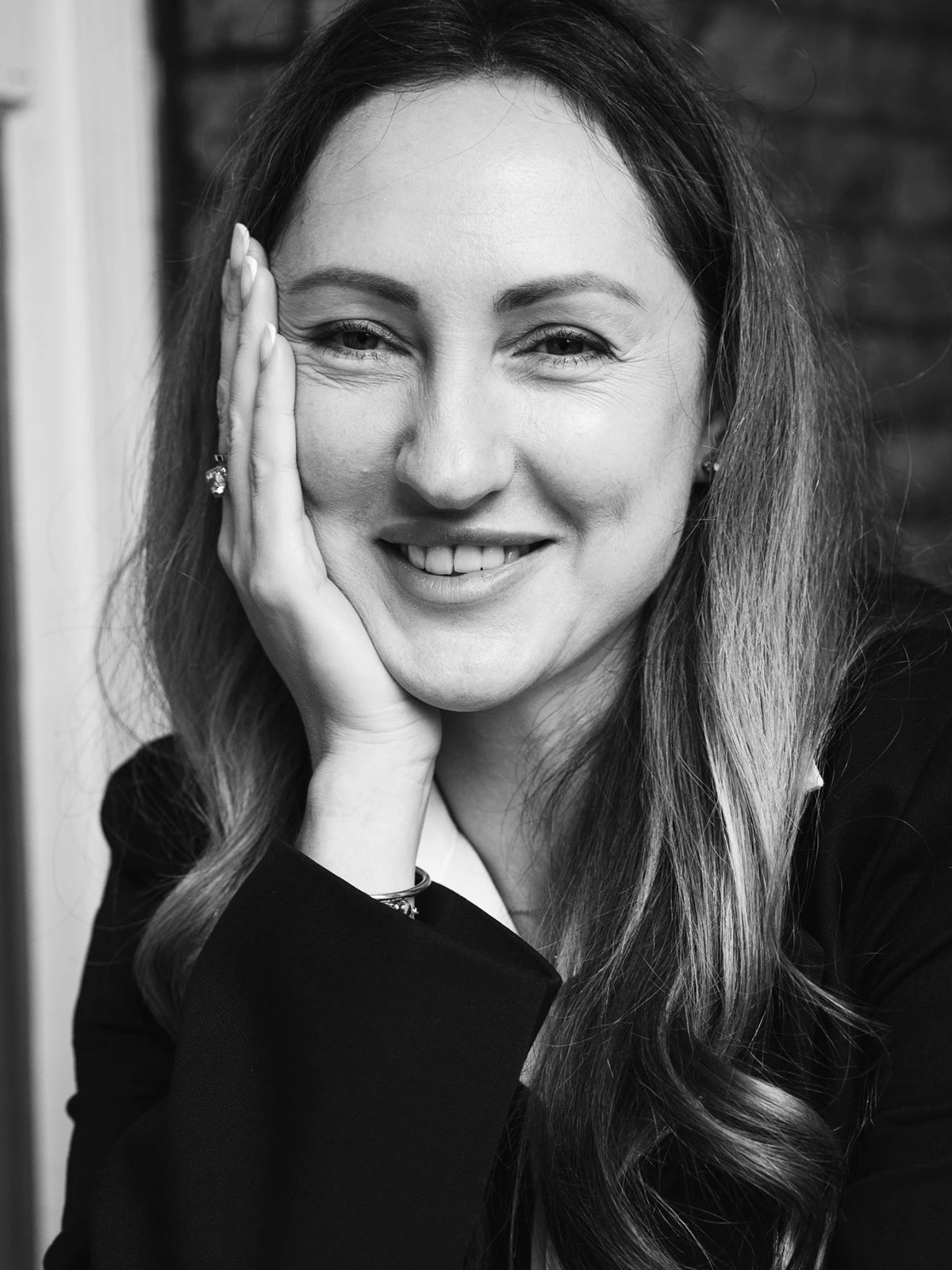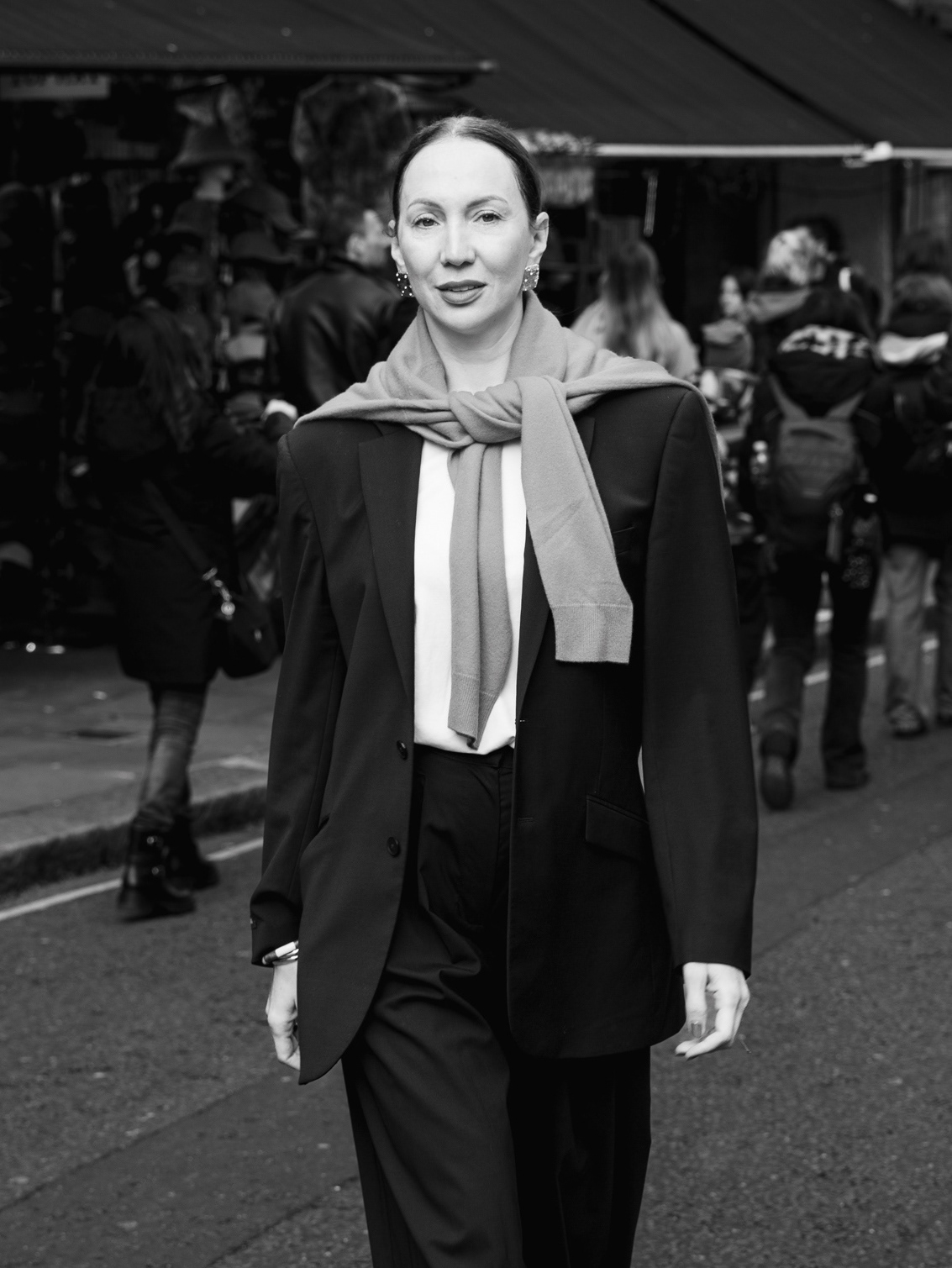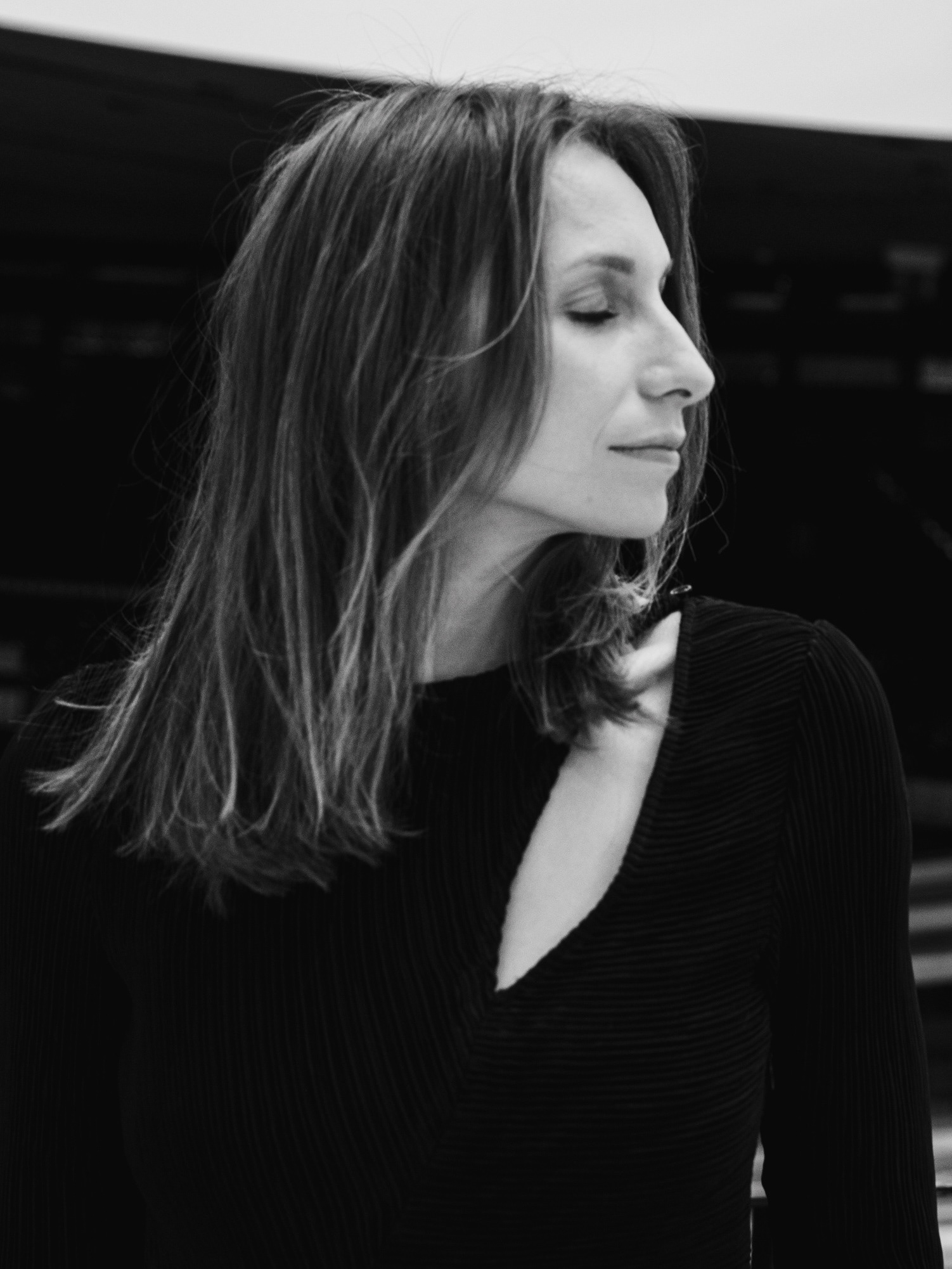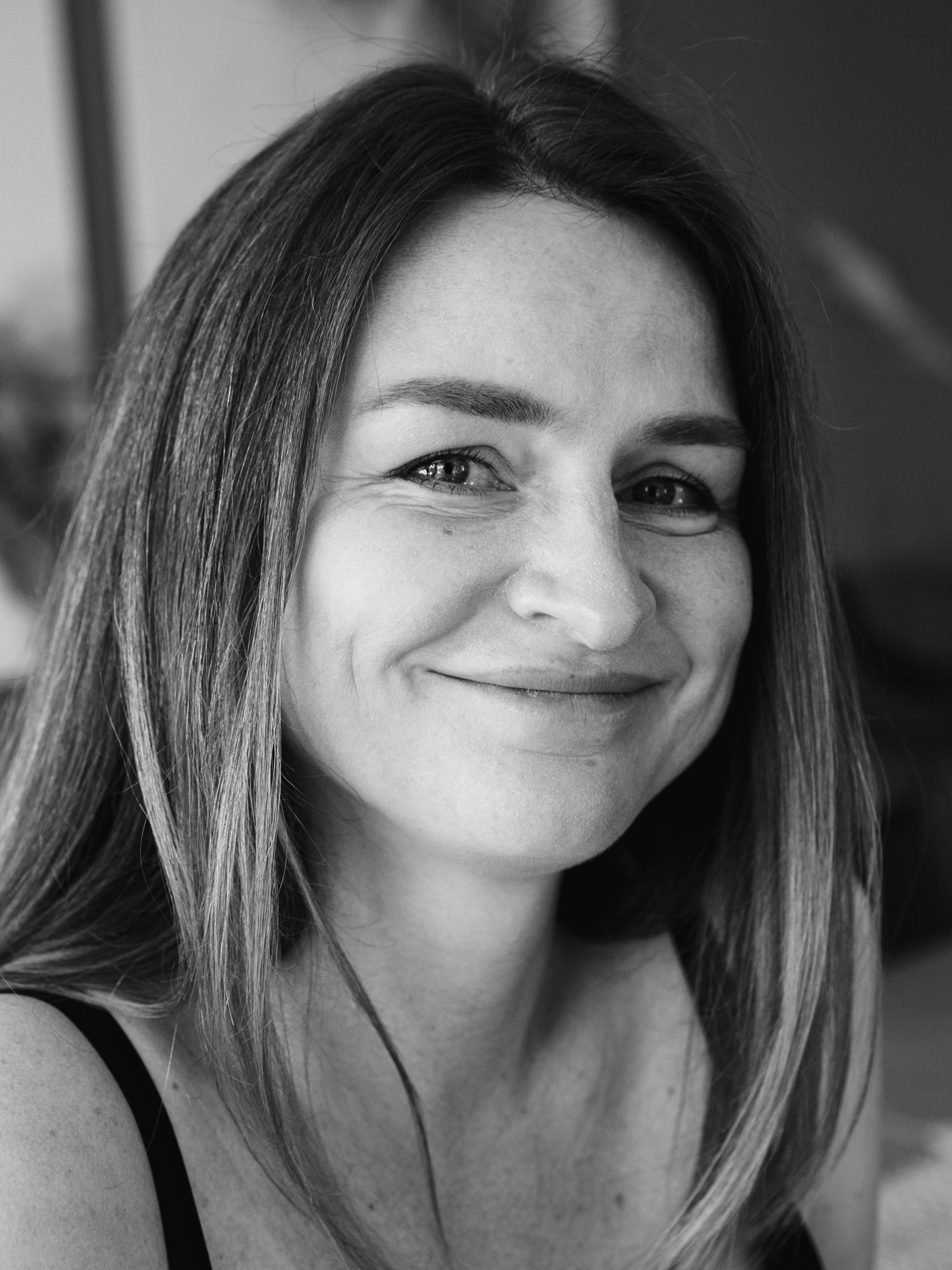The Morning That Shouldn't Have Come
London, 24th February 2022. An ordinary morning for a student studying abroad. For Alisa, at the time a 20-year-old from Kyiv and a student at the Royal College of Music, it began with a single message on her phone screen that shattered her world, splitting it into a ‘before’ and an ‘after’. There were just a few words from a close friend that felt like a death sentence for a peaceful life.
“I remember a few days before, my friend and I were talking about Russian troops on the border. I told her that my dad, a very pragmatic and well-educated man, didn’t believe a full-scale war was possible. And then, on the 24th, I woke up, and the first thing I saw on my phone screen was a message from her. It said: ‘Unfortunately, your dad was wrong.’”
The message brought an immediate realisation of what was happening, followed by an avalanche of news, calls, and panic. The world, which had seemed so stable just yesterday, shattered into a million pieces. Alisa was safe in London, but her entire family, her whole childhood, remained there, in Kyiv, under the explosions. This was the beginning of the war for Ukraine, and also a personal one for her—a war against distance, helplessness, and an all-consuming fear for loved ones.
“Of course, I was in shock back then,” she recalls. It wasn’t just fear. It was a feeling of paralysis, where you are physically in one place, but your mind and soul are in another, where the fate of your country and your family is being decided.
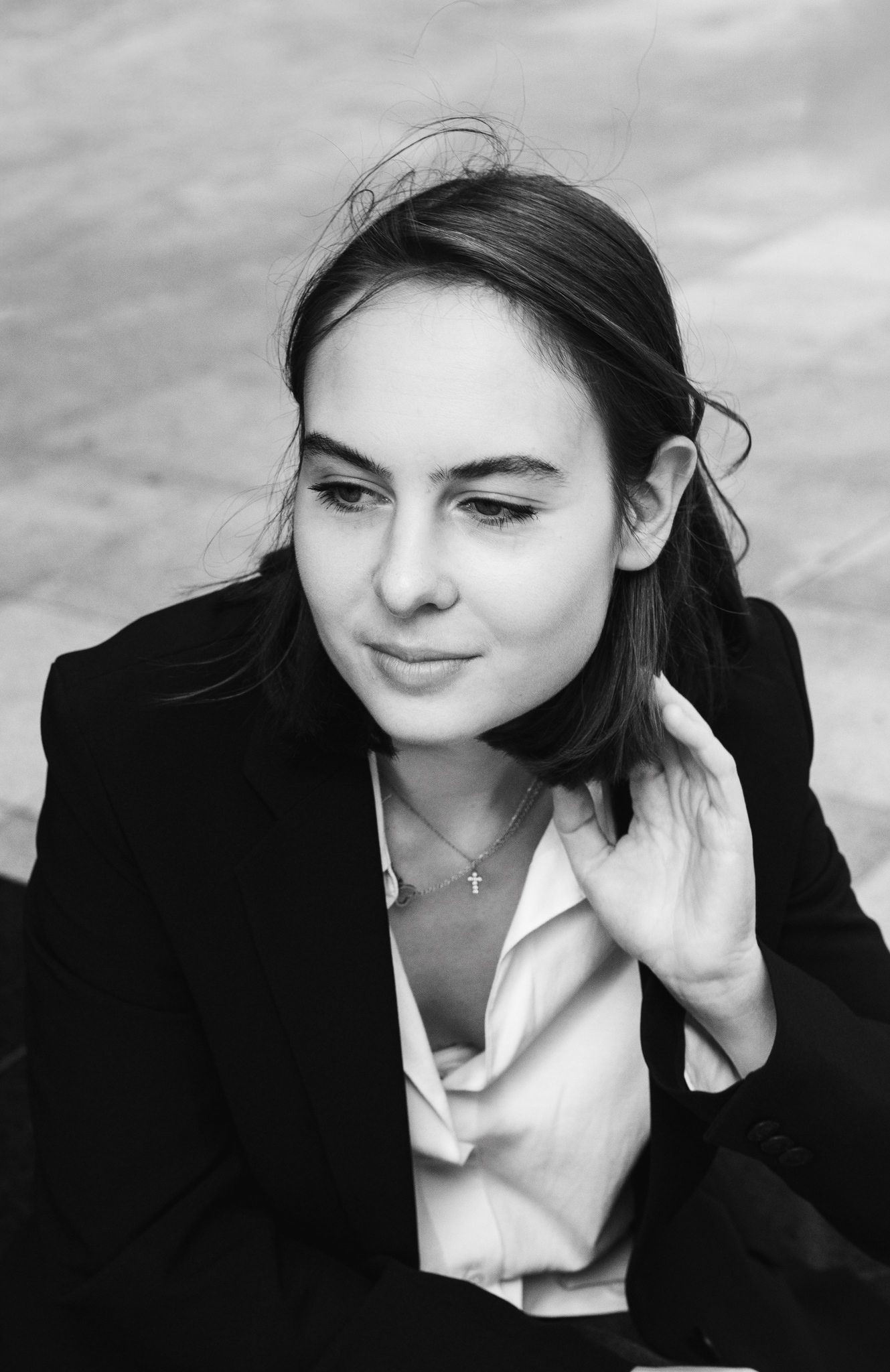
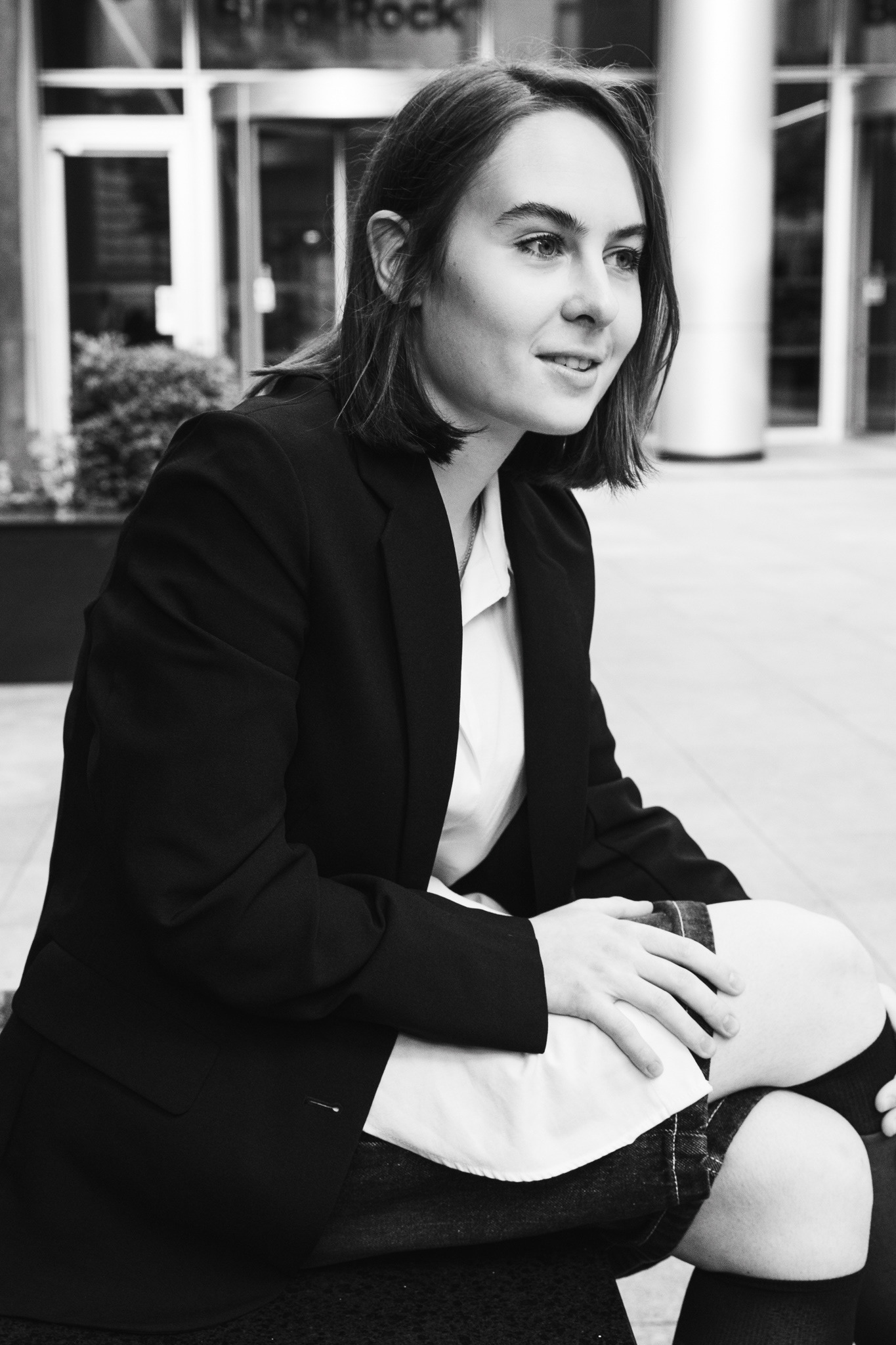
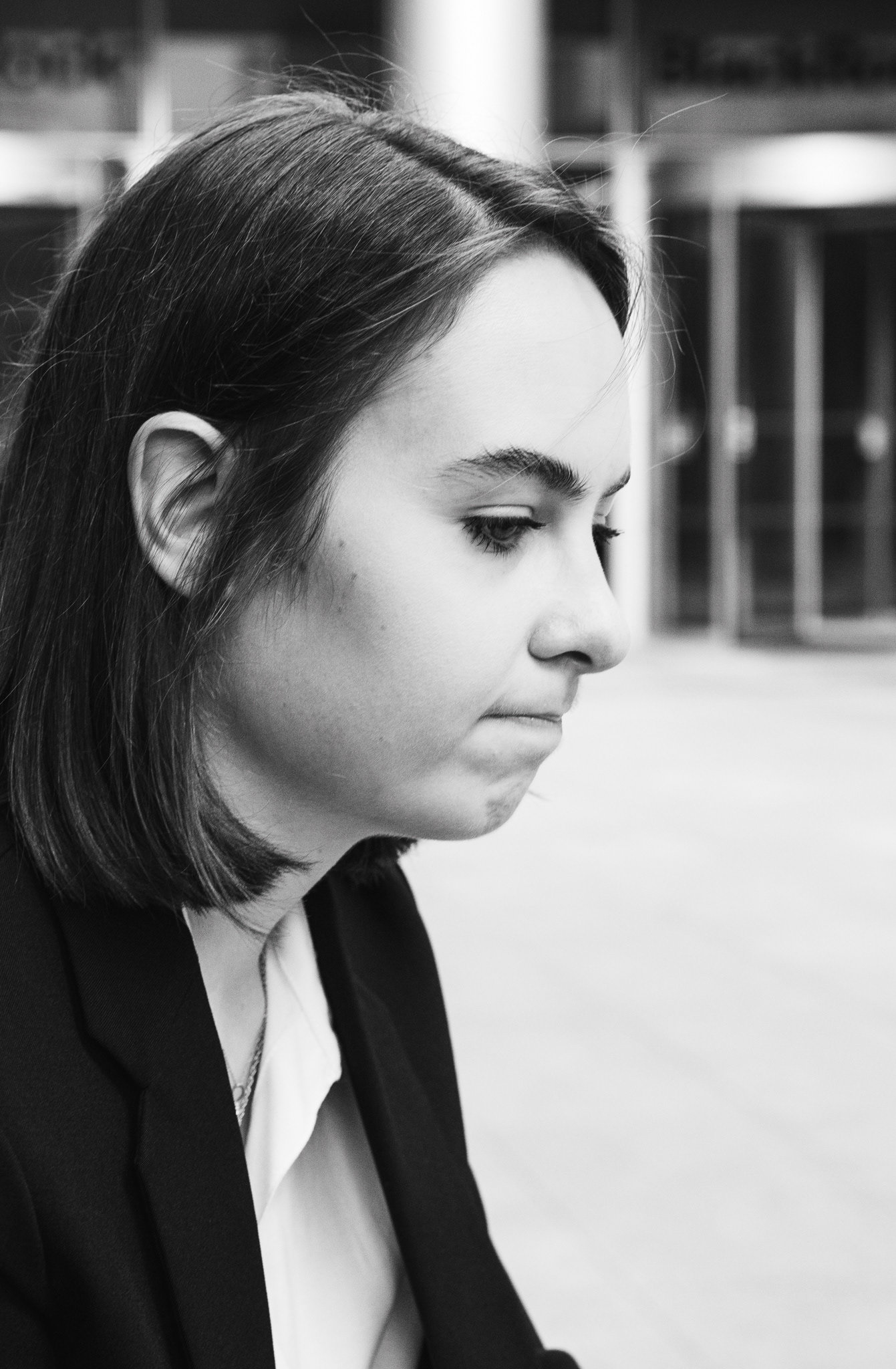
The Burden of Distance
The first few days blurred into a sleepless marathon. Her phone became the only link to a reality that was going up in flames thousands of kilometres away. Every hour of silence from family felt like an eternity; the chance to sleep became a luxury.
“I just couldn’t allow myself to sleep. For about first five nights, when I’d start feeling unable to stay awake any more, I’d set an alarm to wake up in an hour or two to get back in touch with my parents. I’d fall asleep, the alarm would wake me, I’d get up, write to my mum, check the news… And again and again, in a loop.”
The body began to react to the psychological strain before the mind could fully comprehend it. The stress that had been building up inside found a physical outlet, turning into a sharp pain.
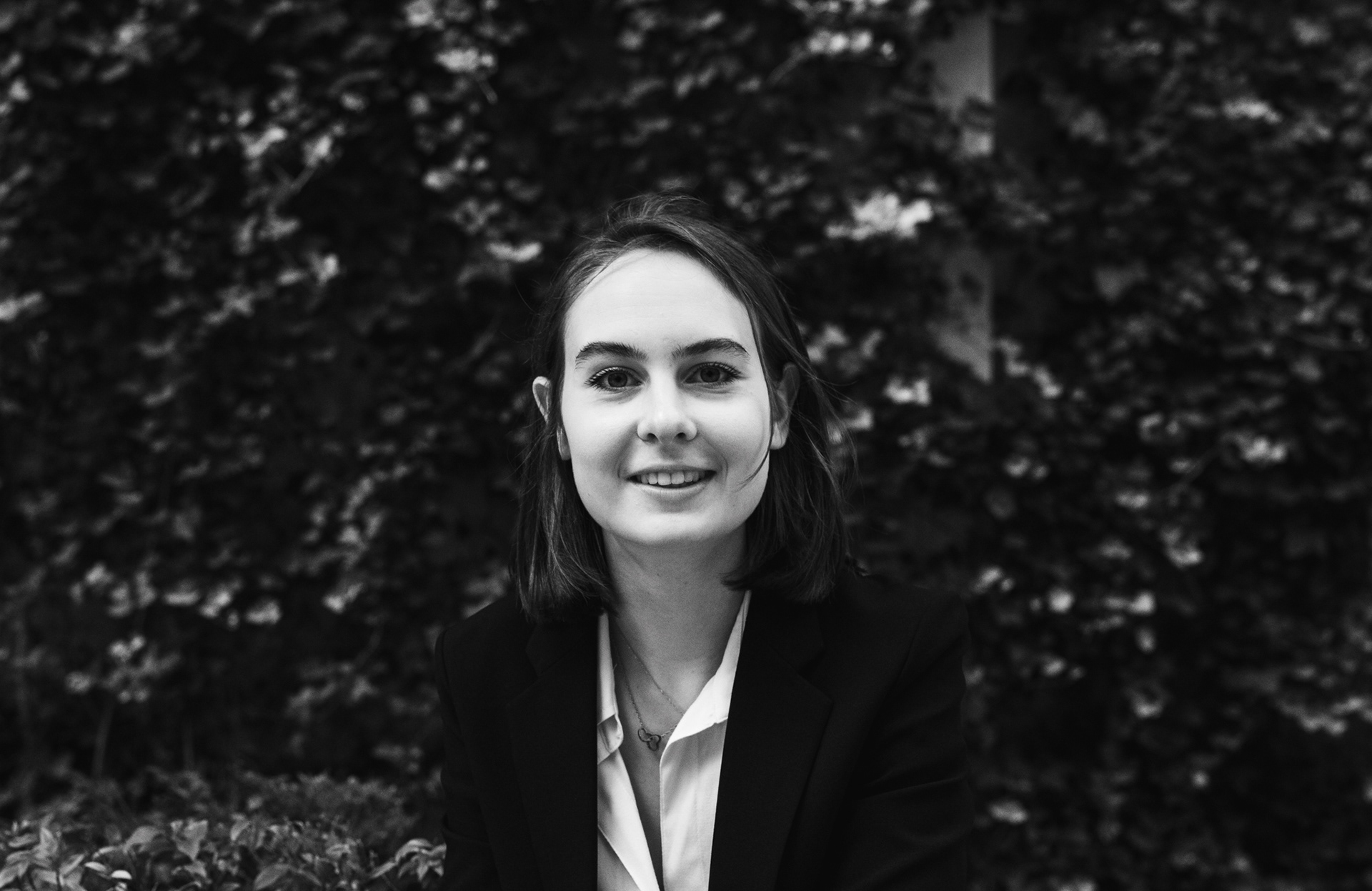
“A few days later, I had to leave the student house and go to the college. At the entrance, I suddenly felt a sharp, pulsating pain in my neck. I touched it and could feel a vessel swelling and throbbing horribly. It’s a bit funny now, but at that moment, I honestly thought I was going to die. That I was about to have a stroke or something.”
The feeling of her own fragility was compounded by the unbearable pain she felt for the fate of her relatives. The hardest part was realising her helplessness. When you are used to having control over your life, it is difficult to find yourself in a situation where absolutely nothing depends on you.
“For me, perhaps the most difficult thing was feeling like you can’t do anything. This feeling of “yes, you are safe, but your family is in Kyiv, where Russian tanks are just outside of the city.” That feeling of complete helplessness was crushing.”
To add to this, there was anxiety for another side of the family. Her mother’s relatives found themselves under occupation in a village near Bucha—a place which would later become the synonym for inhuman cruelty. They spent ten days in the basement of their summer house before escaping. Every day without contact was another test of the family’s strength.
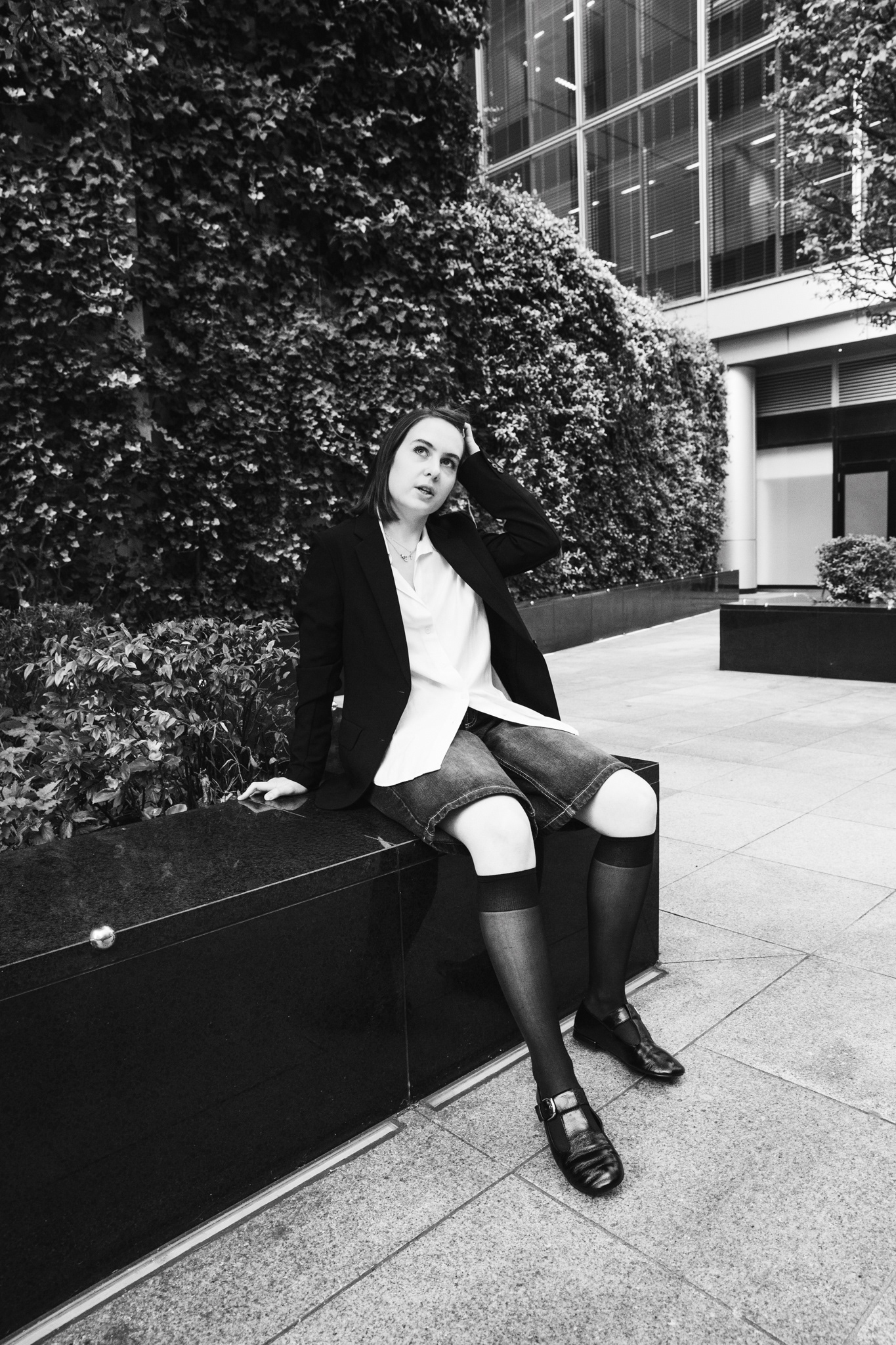
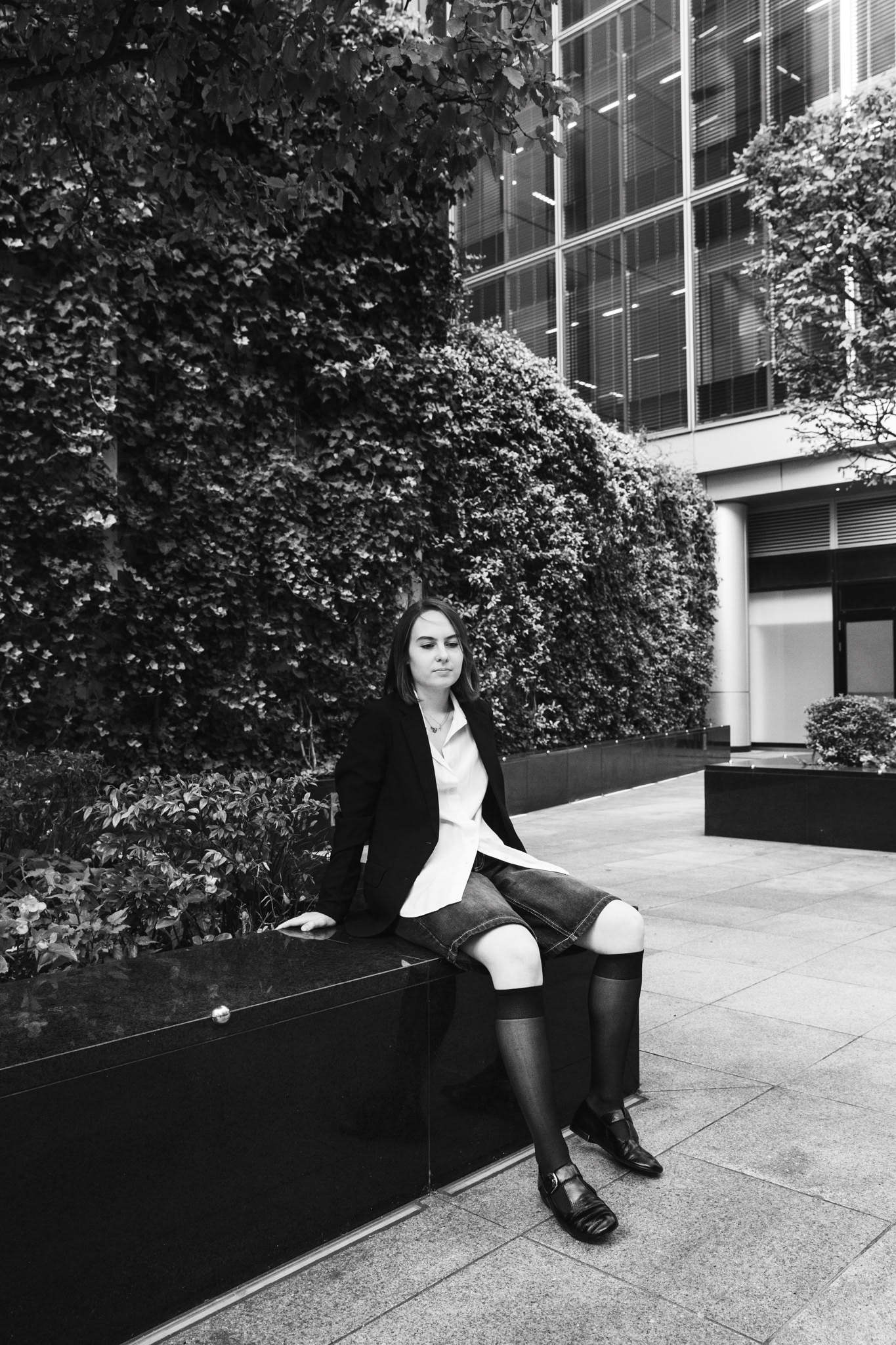
From Numbness to Action
Numbness cannot last forever—the inner spirit finds a way out. For Alisa, the catalyst for action was the desire to be useful, to transform her pain and helplessness into something constructive.
“I immediately had the desire to do something, to take action in some way. To do what I could at that moment: contact volunteer groups, get people from my college involved.”
At that time, in a large music college with students from all over the world, she was one of the only two Ukrainians. International students would express support, but couldn’t truly grasp the horrors of war and seemed completely detached. However, later the situation changed. At the start of the new academic year, other Ukrainians began to arrive in London as refugees. For Alisa, this was a genuine relief; there were now people with whom she could not just talk, but share the same level of pain.
In early 2023, another Ukrainian student and colleague brought an idea for a project. Alisa is a composer and conductor, and together they decided to create a student orchestra to organise fundraising concerts in support of Ukraine. This wasn’t just a volunteer activity, but, in a sense - a cultural front that allowed them to support Ukrainian music abroad and show the international community that their country was more than just a place of war.
“We organised our own student orchestra, “Lihtar” (Lantern), with a varied line-up of performers. All of this was done on an entirely volunteer basis. The goal of these concerts is to raise funds for the frontline and to program Ukrainian music alongside other works, presenting it to a local audience in an engaging format. We try to choose less known Ukrainian music that even some Ukrainians themselves might not know. Mainly contemporary stuff, from the 20th and 21st centuries.”
Each of these concerts is an act of cultural diplomacy. It was an opportunity to tell the world about Ukraine not through news of destruction, but through its deep and often unknown culture. And this, too, is a struggle—transforming the destructive energy of war into a creative force that affirms life for the sake of something good.
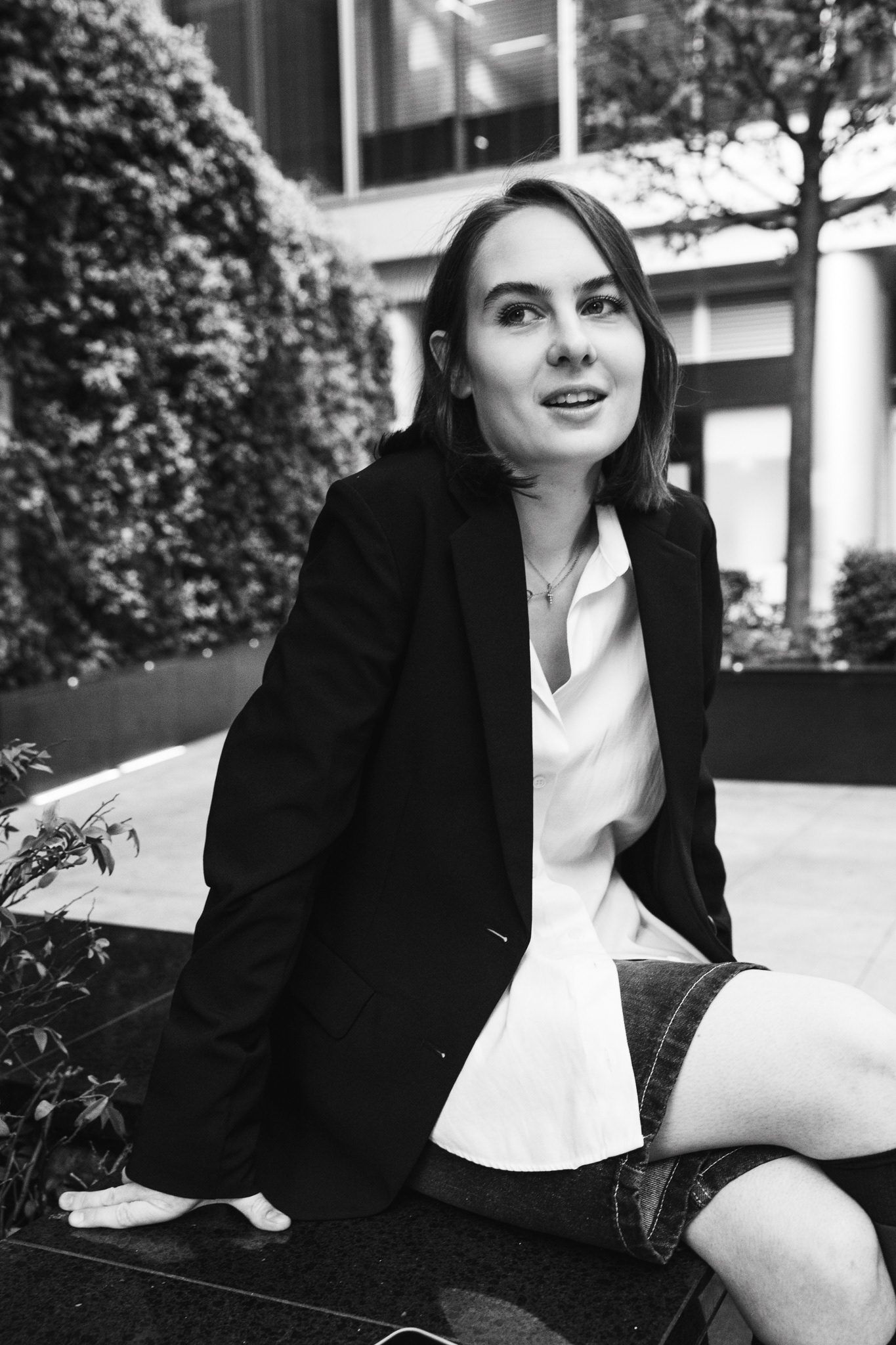
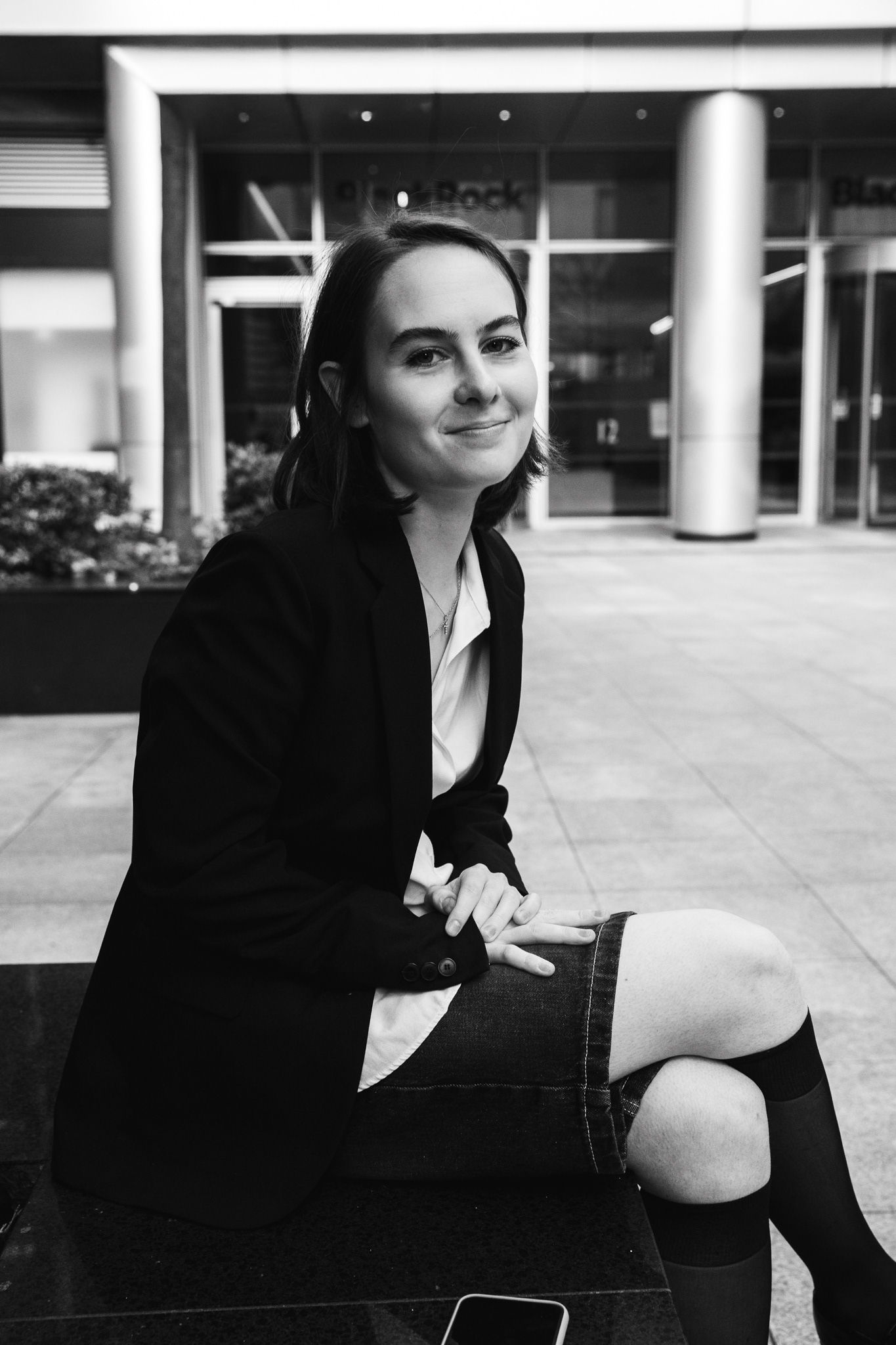
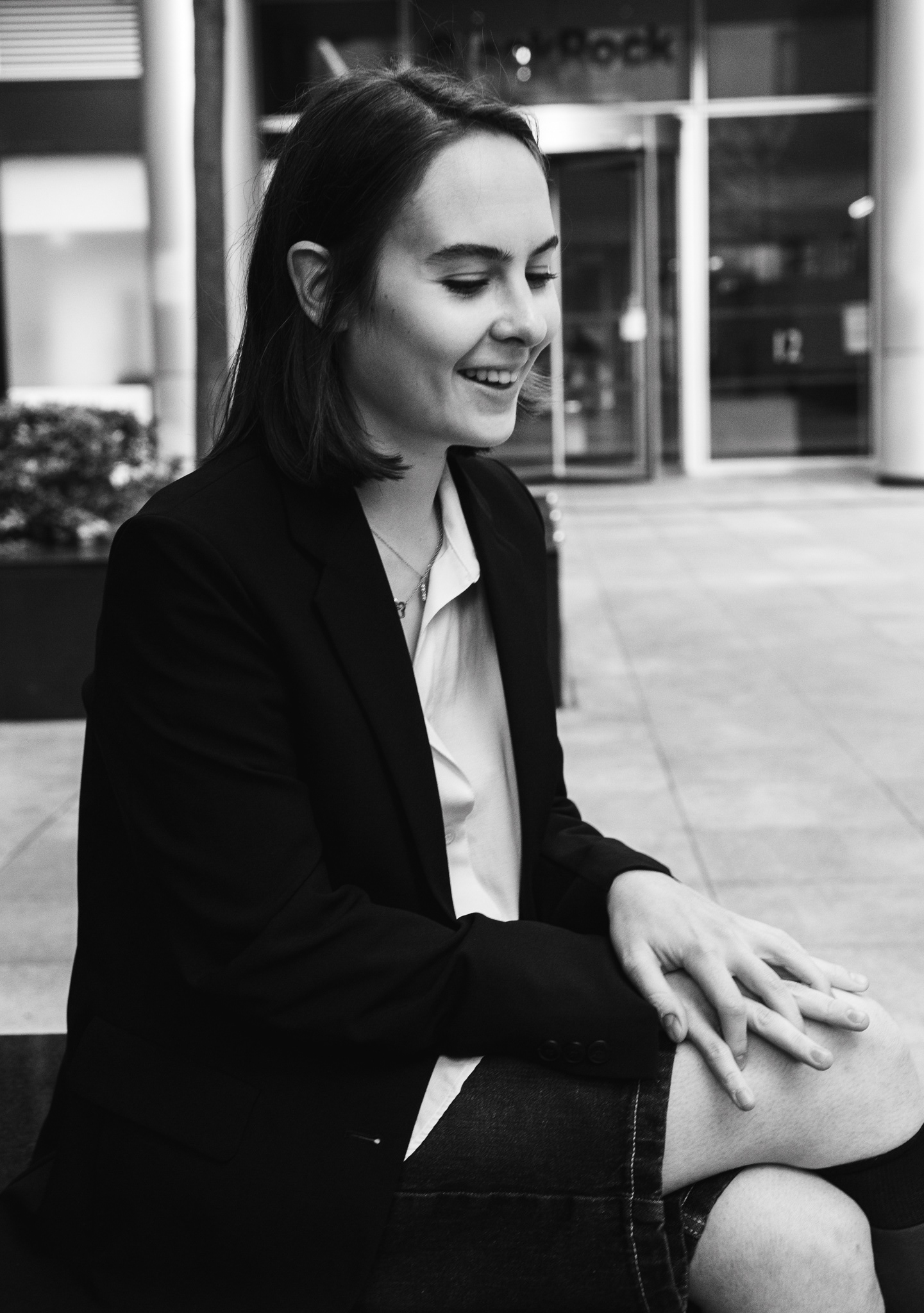
Between Two Worlds
Having been in London since 2019, Alisa was aware that her experience of integration was radically different from that of the newly arrived Ukrainians. She had arrived as an 18-year-old girl who had consciously chosen to study abroad, spoke the language well, and had time to adapt.
“When you’re 18, you’re still a kid, and it’s very easy to integrate into another culture. So I certainly don’t compare myself to the Ukrainians who came here in the full-scale invasion as refugees, many of whom didn’t even know the language. That, of course, is just incredibly difficult.”
She speaks with gratitude about the support she received from the UK, her college, and ordinary people. However, despite the comfort and safety, her heart has always remaines in Ukraine. This isn't just nostalgia. It's a deep, almost physical connection to her home.
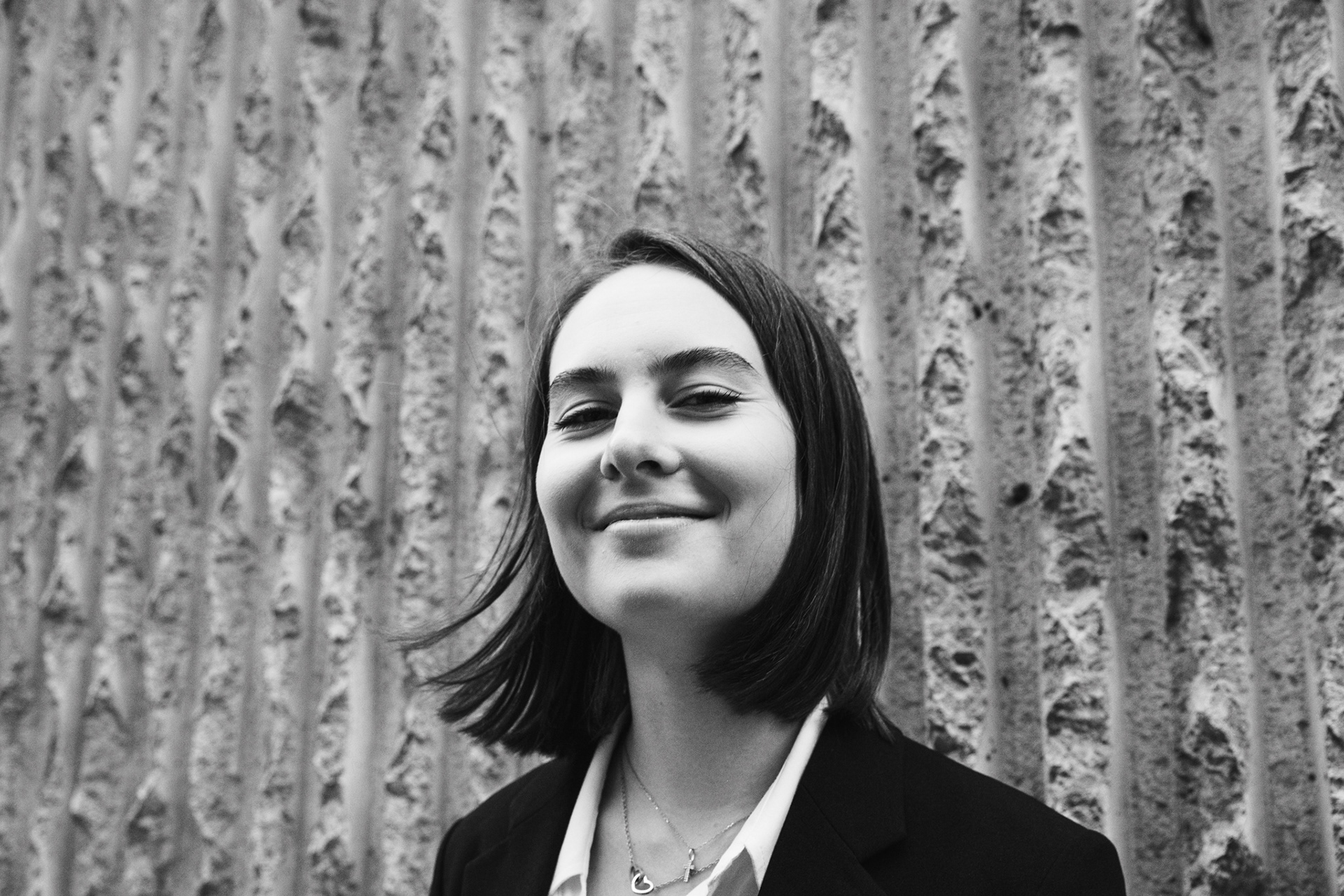
“I love being in Ukraine. I really want to be at home, in Kyiv. For me, it’s not even about the mentality, but simply the place itself. Because the place is everything: the people, the feeling, the architecture, even the air itself feels different… Everything that is my own, in Kyiv, is far more precious to me than what I have here, even though life here is very good.”
Life abroad has given her a unique perspective. She sees opportunities that talented young people in Ukraine often lack, due to an outdated, corrupt education system.
“Higher education in Ukraine is in a terrible state. It’s all Soviet traditions, old professors with an awful mentality, corruption. There are lots of wonderful, talented students who are passionate about what they do, and our system simply crushes these talents. That’s why I’m so happy for the Ukrainians who came here and have been given these opportunities.”
She sees her situation not as an escape, but as a mission. The opportunities she has gained here are a tool to do much more for Ukrainian culture than she ever could at home. This is her bridge between two worlds: using the opportunities of one to enrich and support the other.
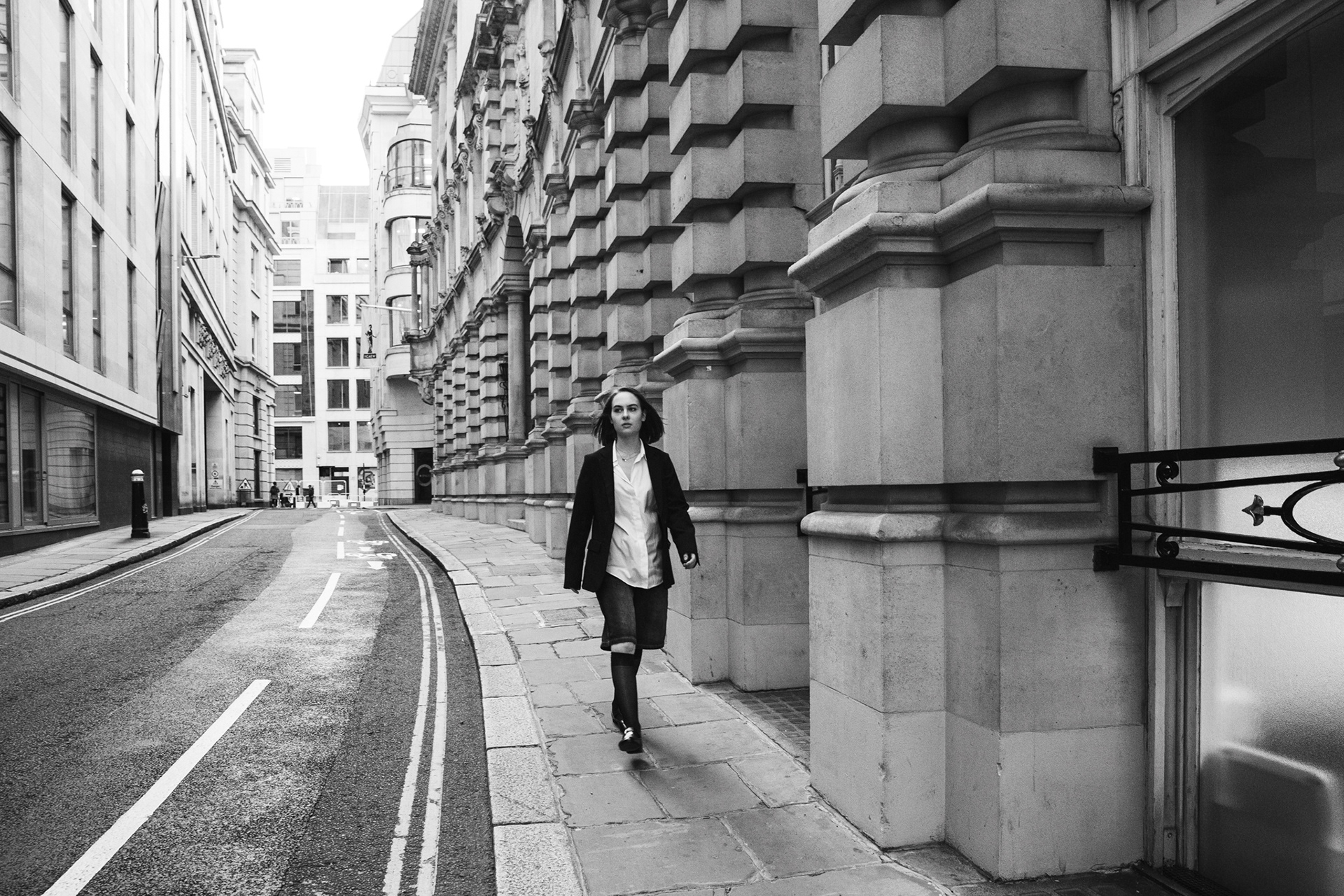

The Source of Strength
When asked what helps her to carry on and stay strong, Alisa doesn’t answer right away. The answer isn’t on the surface. It lies deeper, in what has become her inner core during these difficult years. It’s not abstract concepts like hope or faith—it's something far more concrete.
“Probably the support of other Ukrainians who are in the same situation. And also the knowing that my family members are alive and well. That somehow sustains the desire in you to keep up the happiness of those people.”
It is within this place of caring for others that she has found her own support. For her, strength is a reflection of her loved ones’ happiness. The understanding that her well-being, safety, and success bring joy to her parents has become her most powerful motivator. It turned her personal life into a part of her family’s collective resilience.
“I know it’s very important for my parents that I am doing well. It’s important to them that I am here, safe, and can build a career. I want them to think about that, and bring them joy. I understand that by being here and living life to the fullest, I am making my family happy.”
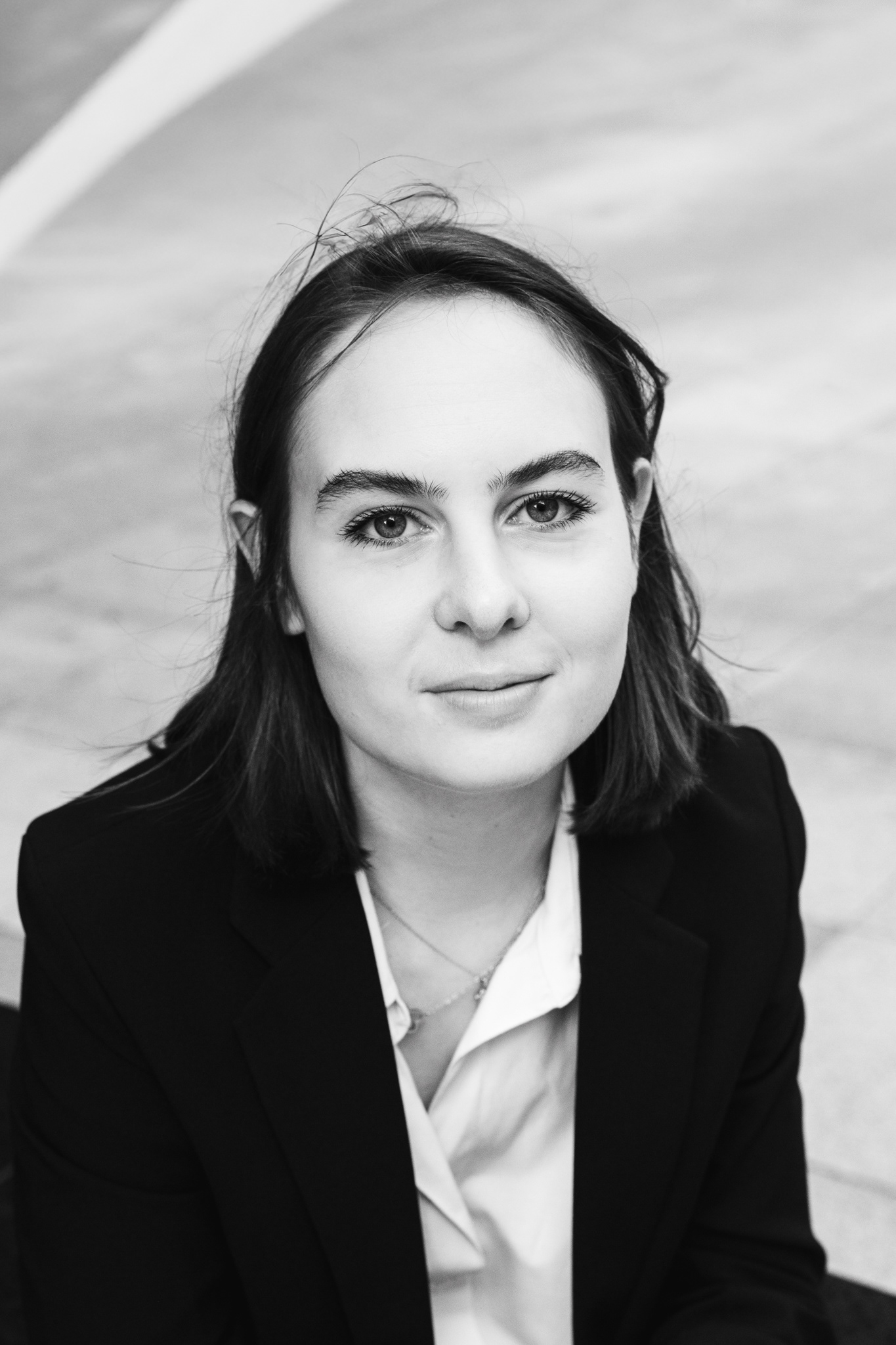
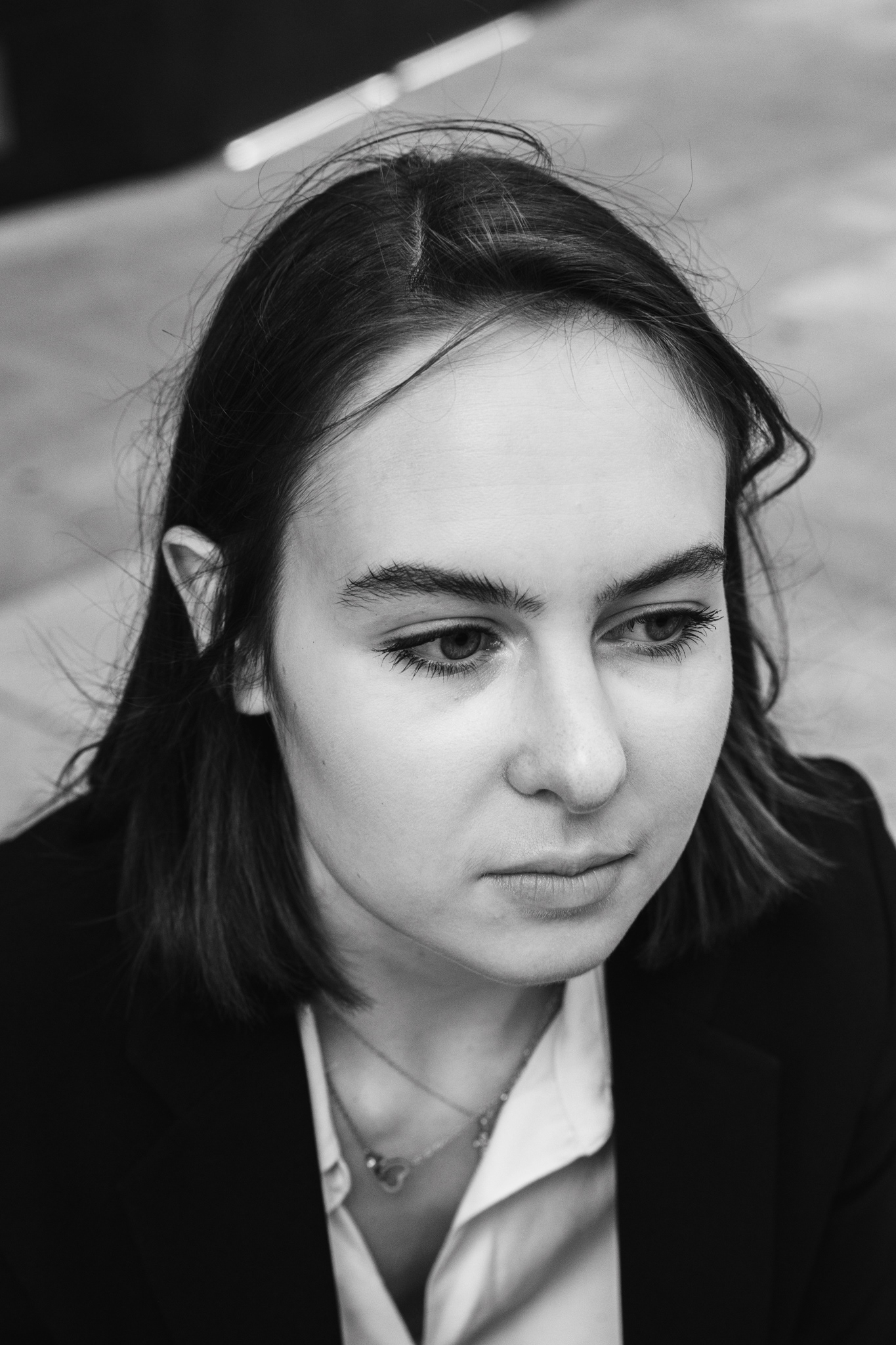
Alisa's story, like so many others, is not about escape. It is a story of transformation. About how the deepest pain and fear can become fuel for action. About how a young woman, separated from her home by war, found the strength not just to survive, but to fight—with her music, her work, and her life. It is a story of resilience, born not in spite of circumstances, but because of love—for her family, for her home, for her culture. And this love is stronger than any distance, and any war.
